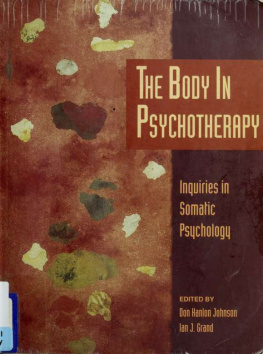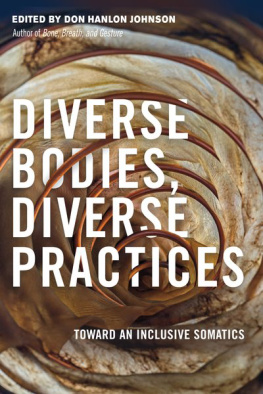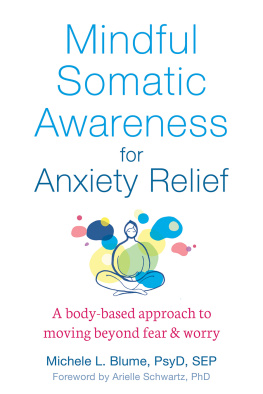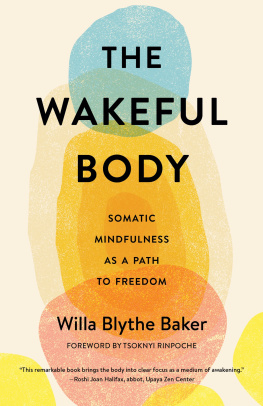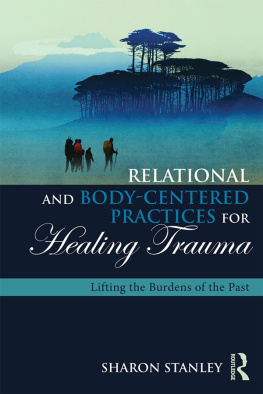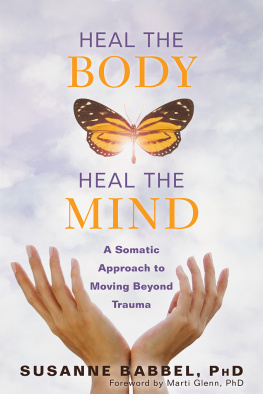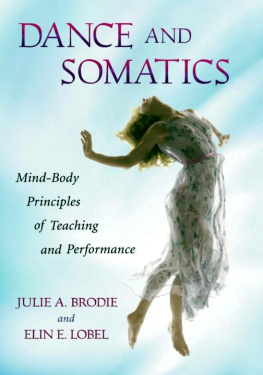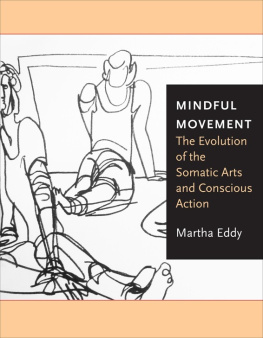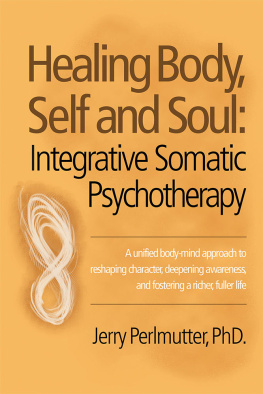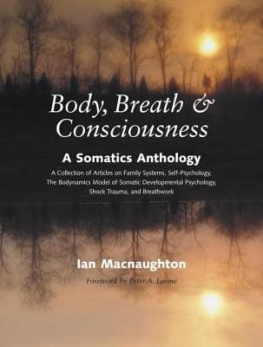This book made available by the Internet Archive.
DON HANLON JOHNSON
Who Walks?
As we reacquaint ourselves with our breathing bodies, then the perceived world itself begins to shift and transform. When we begin to consciously frequent the wordless dimension of our sensory participations, certain phenomena that have habitually commanded our focus begin to lose their distinctive fascination and to slip towards the background, while hitherto unnoticed or overlooked presences begin to stand forth ' from the periphery and to engage our awareness. ^
That longing, felt by many of us, to gain intimacy with our breathing and moving, listening, and pulsingbodies has drawn countless numbers of people to psychotherapists skilled in practices designed to explore the intricacies of bodily experience. Turning towards that sensual matrix helps shift our focus from crippling fixations on archaic obsessions, leaving us more resilient for present challenges and more capable of delight.
Gorda
In the late 1960s, I was at Yale finishing my doctoral studies in philosophy at the ^end of fourteen years in the Jesuits. I had heard dramatic stories from friends about a manipulative practice called Rolfing,^ and witnessed the effects of the process on their lives. I was looking for a chance to experience it myself. But there were only nine Rolfers in the United States, most in California, none on the East Coast. I managed to arrange for one of them, Ed Maupin, to give a weekend workshop for Yale graduate students. During his brief visit, I had my first session from him in a cold cubicle on the Yale quad. It had such a dra

THE BOD^' IN PSYCHOTHERAPY
matic impact on my experience that I longed to continue what was then conceived as a complete package of ten sessions.
During that same period. I was on the Board of Trustees ai Loyola Universit> in Los Angeles, where I had to travel for periodic meetings. On the morning after those meetings concluded, a physician friend and I would dri\e up Highway One in his XAV \ an to Big Sur where Ed h\ed high on the side of a mountain above a mailstop named Gorda. The dri\ e up the cragg> coast and the overnight stay had a fair\tale aura. Ed Hved in a small oasis on a plateau of about fifteen acres. A twents-inch water line had been built o\ er the mountain to bring water to the coast but was ne\ er completed, running out of money a couple of thousand feet abo\e the highway. The people h\ing there on an othen\ise austere, rockv slope had used the free water to plant a lush tropical garden with a large \ egetable garden, flowers even^vhere. fig. apple, and peach trees, and a fish pond. There were four houses built from timbers sal\ aged from the old mining operations and fallen bridges in the areatroll-like structures \dth porches open to the vast Pacific far below and the steep slopes abo\ e.
My friend and I would arri\e in the afternoon and each ha\e a Rolfing session, followed by dinnerrice and vegetables just picked from the gardenwith Ed. his wife Helen, and young daughter It was a heady time. Ed was one of the handful of people sening the course for the newly formed Esalen Institute. The Haighi---\shbur\ revolution was at its peak. Cesar Chavez was marching in the X'alley The Cathohc Church was in the ferment of the \'atican Council. Ed. my friend, and I were in our first Utopian fen ors about the promise of these various movements, which we would discuss in the afterglow of our Rolfing sessions in the soft hghts of the fogs and dusk darkening the ocean below. We would retire early, rising at five o'clock in the morning for a second Rolfing session, and dri\ e off by dawn, still dazed by the drama of images and thoughts arising from the Rolfing. returning to LAX in time for my return flight to New Ha\en.
Ed was a clinical psychologist, educated at the Universit> of Chicago. He had come to Esalen from UCLA, where he had been engaged in research in the relationships beuveen psycholog> and altered states of consciousness in meditation. In retrospect. I would say that Eds hands and non-verbal beha\ior embodied his considerable intellectual background in psycholog> and the humanities, and his practice of meditation. His manipulations felt more like an intense human dialogue, filled with feeling and insight, than like physical therapy or traditional massage. I remember a particularly difficult moment at a pre-dawn session when he had his fingers deep in the adductor muscles of my thigh. Excruciating pain...at the same time, images of demons, thoughts of priests and nims
DON HANLON JOHNSON
telling me to fear sexual release, memories of father and mother, surges of new courage. At another moment, he was applying pressure to the quad-ratus lumborum muscle that spans from the twelfth rib to the crest of the pelvis. I first felt intense pain. He said, you seem to be fighting me. I felt myself let go. No pain. Simultaneously, I got an embodied insight into a deep fighting, resistant part of my character habitually prompting me to say No to anything new or frightening. It was the unique kind of insight that Eugene Gendlin describes as singular in its capacity to change behavior because it is felt?
It is hard to describe the effects of this kind of work. It was not so much what Ed said during those ^essions as what he communicated through the complex and sensitive movements of his hands and arms. I felt a question about my family history in a minute delay before his fingers moved from one place in my ankle to another At times, his knuckles corkscrewing from one level of my musculature to a deeper layer called forth spiritual longings swept aside in the onrush of my life. I experienced his touch as inquisitive, interested, knowing of old personal histories, and of spiritual yearnings. The little he did consisted of important, brief questions about why I was reacting to his hands in a particular way, or whether I might like to make sounds in the midst of a difficult reaction.
I came to those sessions after years of schooling in the phenomenology of Edmund Husserl, Martin Heidegger, and Maurice Merleau-Ponty. From them, I had learned the significance of attending to the body as the manifestation of the self. And to the full manifestation of bodily experience, not simply the emotional expressions, nor the mechanistic muscular puUs, but the unending intricacies embedded in the awareness of breathing, peristalsis, the movements of the little finger and toe. But before Gorda, those body-respecting notions were for me more in the realm of hoped-for possibilities than actualities of my living.

